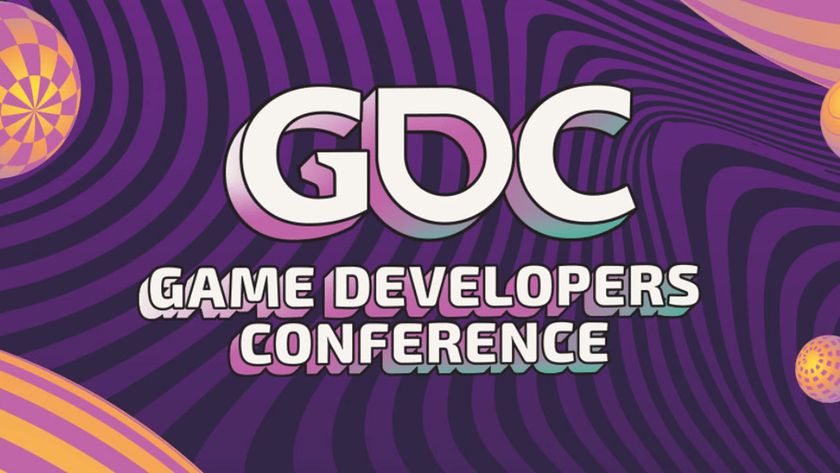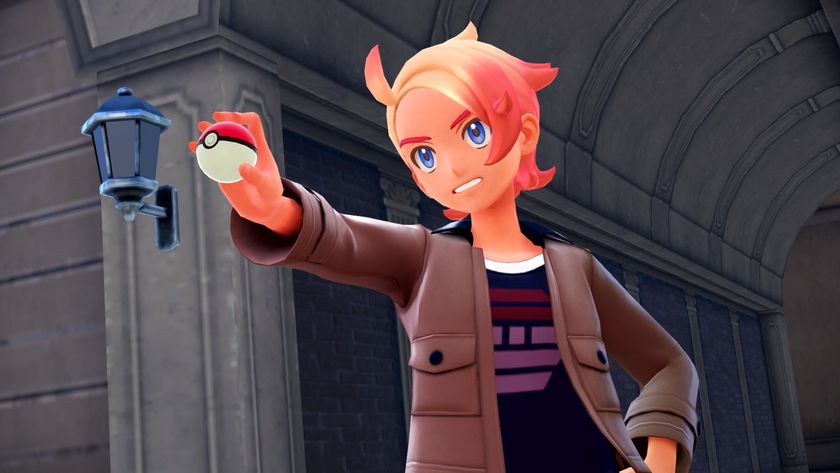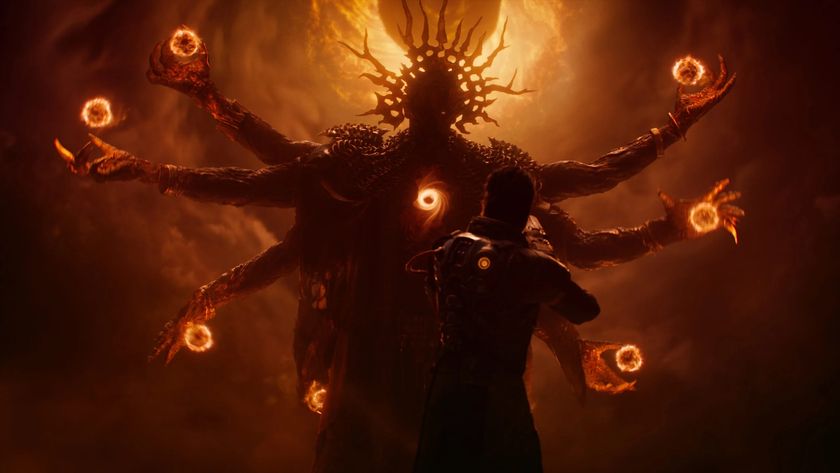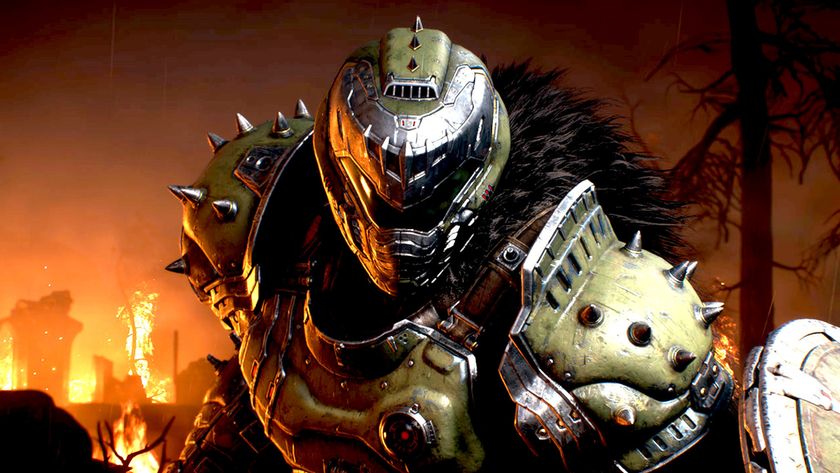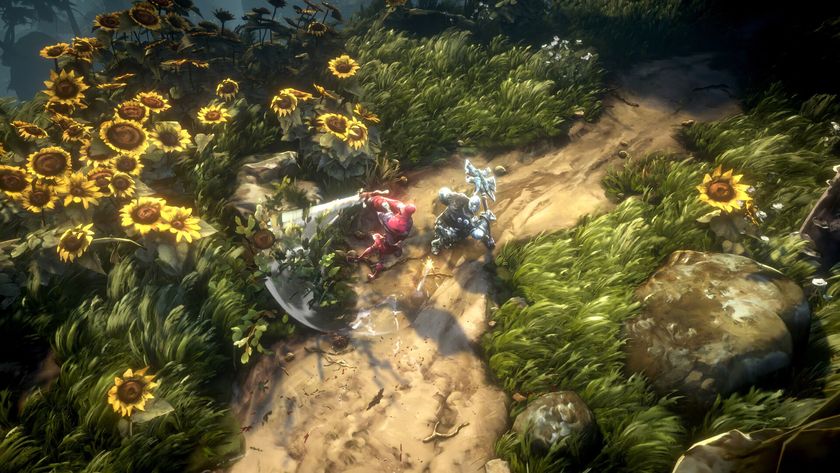Checkpoints, quicksaves, infinite continues, YouTube walkthroughs…all of these modern conveniences, we’re told, have made today’s gamers soft. But I tend to disagree. Indeed, I think gamers are – emotionally, at least – harder today than they’ve ever been.
I mean, take something like Ori & the Blind Forest – you’d need a heart of stone to play that to completion, right? The dexterity involved, of pixel-perfect jumps and spike pits that go on for miles, means that by the time the end credits roll, the typical bodycount runs into the hundreds. The game’s even kind enough to keep a running counter ticking away in the background, a persistent reminder that your success is built atop a wobbly mountain of forest-sprite corpses.

Imagine being held responsible for 450 digital deaths. Now, that kind of emotional burden might have broken us 20 years ago, when failure meant you either had to start again from the beginning or fish another musty pound coin from your pocket. But since that time, we’ve become almost completely desensitised to the concept of death in games. If Ori croaks, all it costs us is a moment’s inconvenience, and another number to the counter. And I can’t help but feel that our avatars’ lives used to be worth more than that.
In the greatest games, death matters. There’s a special kind of tension that comes from knowing one slip of the finger could potentially undo hours of hard graft. Narrowly nursing your on-screen pal through a brutal firefight with only a slither of health remaining is all the more thrilling when you know that the penalty for failure is something more substantial than just being respawned half a metre back. If death doesn’t come at a price, then no matter how furious the action might be, it’s instantly drained of much of its gravitas.

It’s a balancing act that game designers have struggled with since the dawn of time. No one’s saying we need to go back to the days before saves became commonplace, where you were expected to plough through the entire game in one sitting. But all the same, there’s a sense that devs continue to struggle to make lives matter in the modern age. Some, like Borderlands 2 and BioShock Infinite, hit you in the (in-game) wallet, which certainly motivates you to stay alive, but creates a curious imbalance where struggling players end up struggling all the more.
Others, such as Destiny, toy around with checkpointing, carving out mini-sections where progress is lost in the event of you biting the bullet. Online shooters appeal to your sense of pride – murder comes thick and fast in your typical deathmatch, but K/D ratios are the glue that stop the whole thing from crumbling meaninglessly.

All clever workarounds, but they lack the finality – the sense of tangible loss – that game deaths used to provide. It’s no coincidence that some of the past few years’ most progressive games are the ones that toy with the concept of mortality. Would XCOM: Enemy Unknown, say, have been half the game it was if your soldiers magically rose from the grave after each round? Or would Dark Souls be as revered if your souls and humanity were automatically banked, instead of an errant sword-strike away from being lost forever?
Sign up to the 12DOVE Newsletter
Weekly digests, tales from the communities you love, and more
The challenge facing tomorrow’s developers is to craft a death system that makes lives matter, but to do so within a framework that keeps us, with all our modern distractions, from getting the huff and going back to refreshing Twitter on our phones. Fortunately, games such as Dark Souls show us that under the right circumstances, even today’s army of cold, cynical gamers can be touched by the loss of a loved one.
Click here for more excellent Official Xbox Magazine articles. Or maybe you want to take advantage of some great offers on magazine subscriptions? You can find them here.
